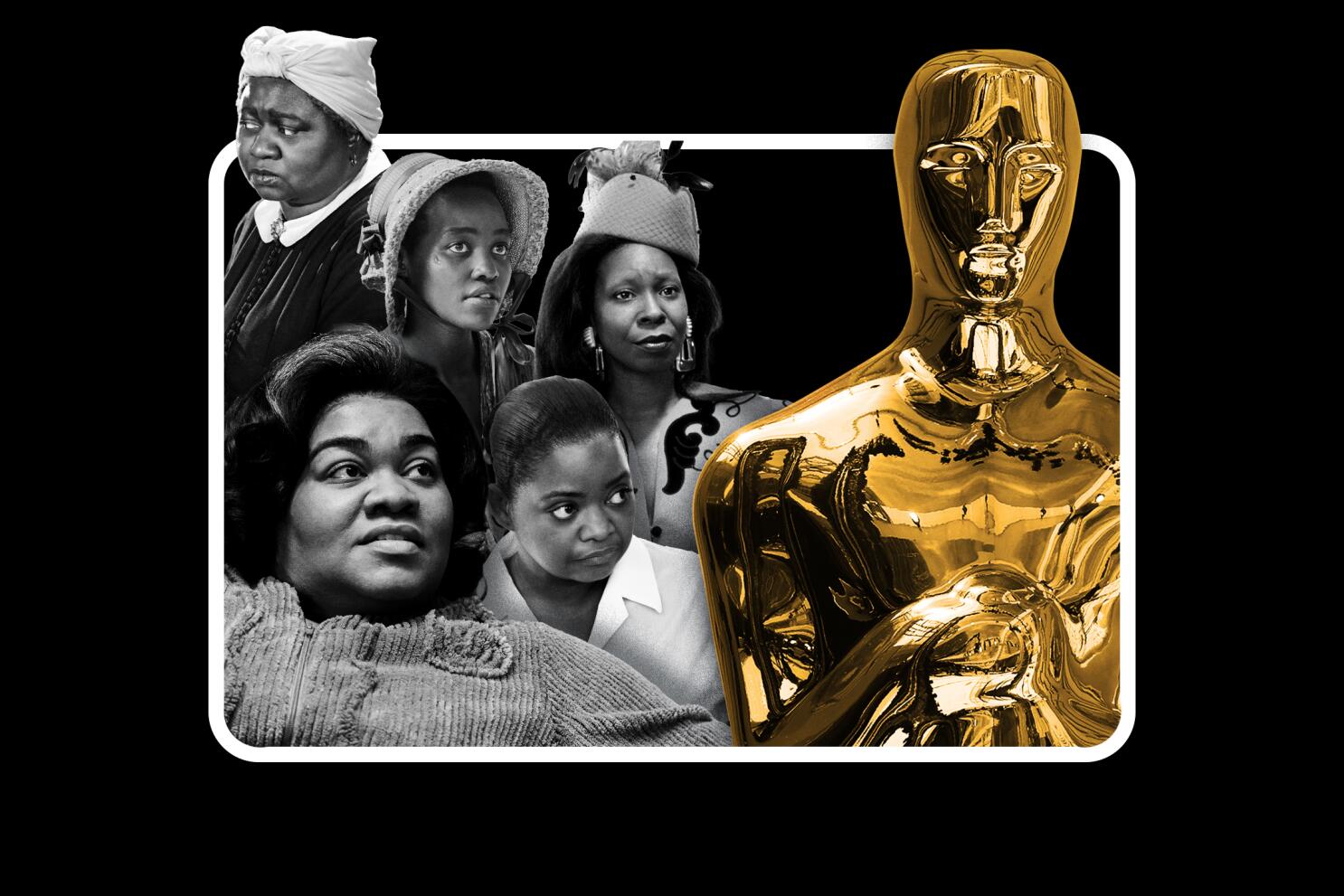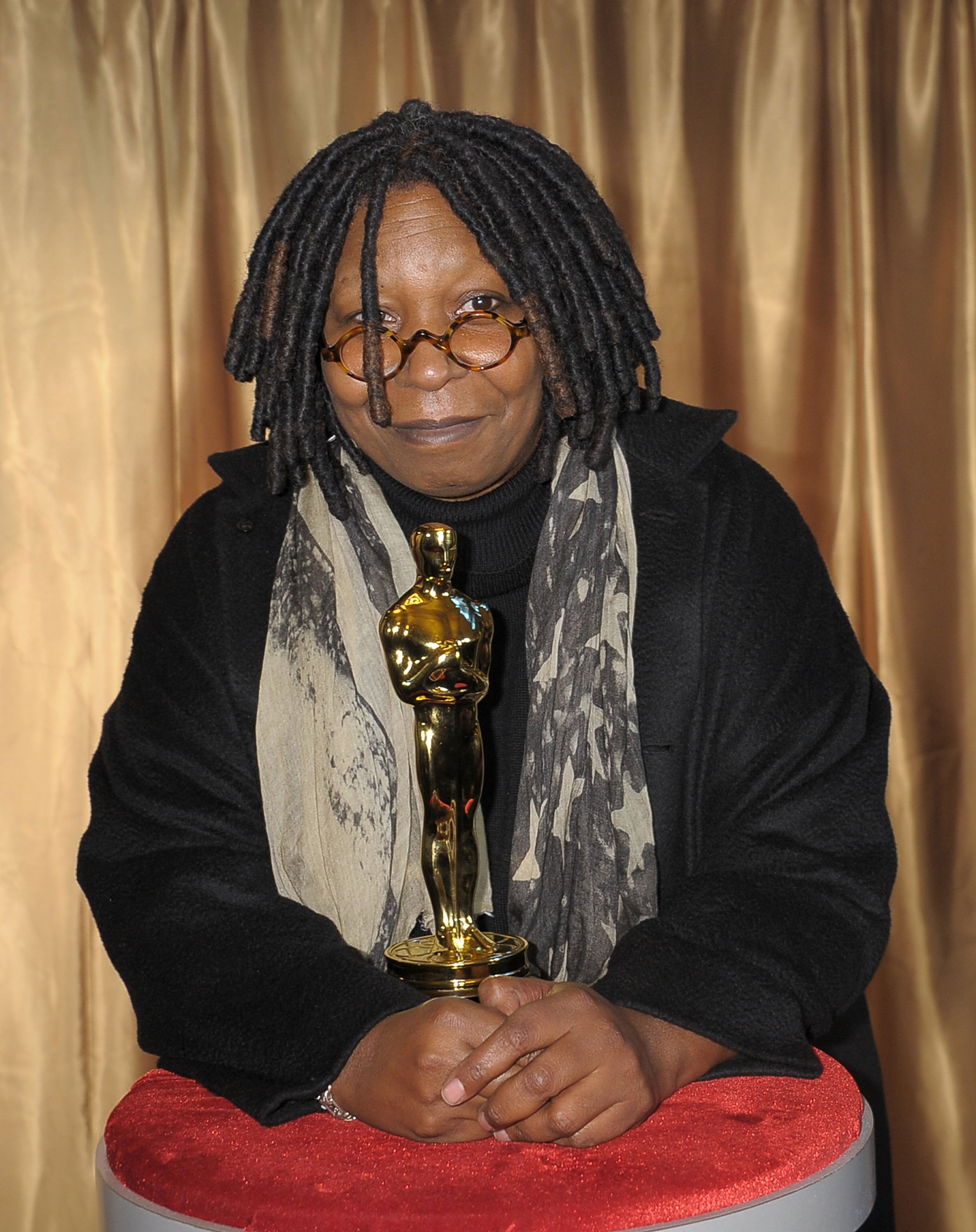Whoopi Goldberg, Halle Berry, Octavia Spencer, and Other Stars on How Hollywood Treats Black Women
In an era of increasing awareness of social justice issues, the experiences of Black women in Hollywood remain a poignant topic deserving of attention. Prominent actresses like Whoopi Goldberg, Halle Berry, and Octavia Spencer have not only made significant contributions to the entertainment industry but have also bravely spoken out against the systemic challenges they face as Black women. This article delves into their experiences and insights, highlighting the pressing issues such as the racial pay gap, the lack of representation, and the systemic biases that permeate Hollywood.
The Racial Pay Gap in Hollywood
One of the most alarming issues highlighted by these trailblazing actresses is the racial pay gap that exists in Hollywood. Multiple studies have shown that Black actresses earn significantly less than their white counterparts, even when they possess similar levels of experience and box office pull. Halle Berry, the first African American woman to win an Oscar for Best Actress, has openly discussed the financial disparities she has faced in her career. Despite her accolades, she continues to witness the stark differences in pay between herself and white actors, making the conversation about equitable compensation all the more critical.
Similarly, Octavia Spencer has revealed that she had to fight for equitable compensation behind the scenes. Even in scenarios where she was the starring role, she often found herself negotiating her salary to match those of her peers. These discussions highlight a systemic issue—employers often undervalue Black talent, leading to a significant economic disparity that affects not only actresses but the entire industry’s approach to diversity.
Underrepresentation and Stereotypes
Another significant hurdle faced by Black women in Hollywood is the lack of diverse roles and the over-reliance on stereotypes. Whoopi Goldberg has been a vocal advocate for the need to break away from traditional representations of Black women in film and television. Often portrayed through limited and often harmful stereotypes, Black actresses find it challenging to secure roles that allow them to showcase their range and depth as performers.
This problem extends beyond just acting roles; it affects storytelling. The documentary “Number One on the Call Sheet” aims to bring these issues to light by sharing personal anecdotes and statistics from prominent Black actresses. The need for authentic stories that mirror the lives of Black women is crucial for creating an inclusive narrative landscape in Hollywood. The industry must strive not only for representation in front of the camera but also behind it, ensuring that Black women are given equal opportunities to direct, produce, and write their narratives.
The Call for Change and Inclusion
The experiences shared by Whoopi Goldberg, Halle Berry, and Octavia Spencer illustrate a clear call to action for Hollywood. Change is not just desirable; it is necessary. Industry leaders must take a proactive stand against the systemic inequalities that have persisted for decades. This includes reevaluating hiring practices, addressing pay discrepancies, and promoting initiatives that support Black talent.
Movements advocating for equity and justice have shed light on these issues, but tangible change requires a commitment from every level of the industry. Organizations such as the Hollywood Diversity Report highlight the need for diverse representation not only to balance out disparities but to enrich storytelling. The more voices that are included, the more authentic and relatable the narratives can be, reflecting the complexity of Black women’s experiences.
By listening to the voices of stars like Whoopi Goldberg, Halle Berry, and Octavia Spencer, the Hollywood community can foster an environment that prioritizes inclusivity. Empowering Black women in Hollywood isn’t merely about adding diversity to a roster; it’s about creating opportunities that allow all actresses to thrive without the weight of historical injustices holding them back.
As we consider the future of Hollywood, the request for equitable treatment, recognition, and representation for Black women becomes increasingly urgent. Audiences are demanding authentic stories that resonate with diverse experiences, and it’s time for the industry to step up and deliver.
To help amplify this call for change, it is essential for fans, advocates, and fellow industry professionals to support Black actresses and their endeavors, urging Hollywood to steer towards a more equitable future. Together, we can push for the representation that Black women in Hollywood deserve!

